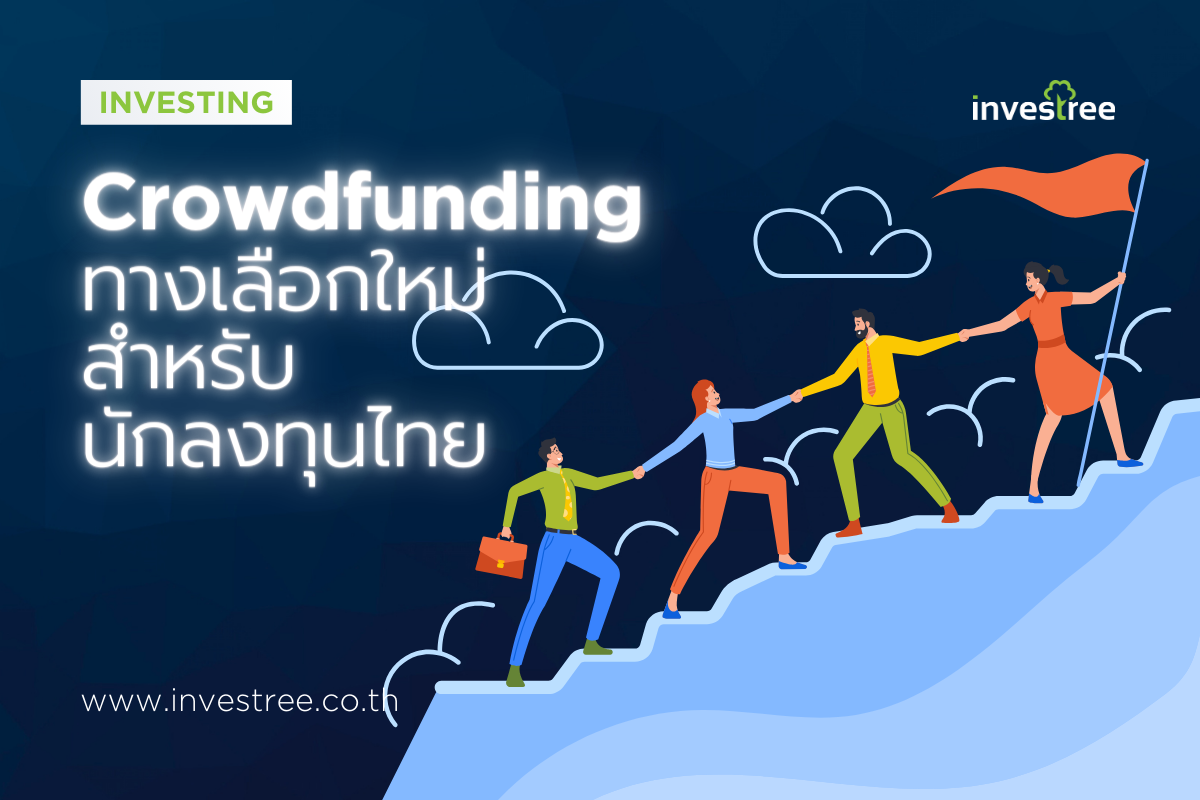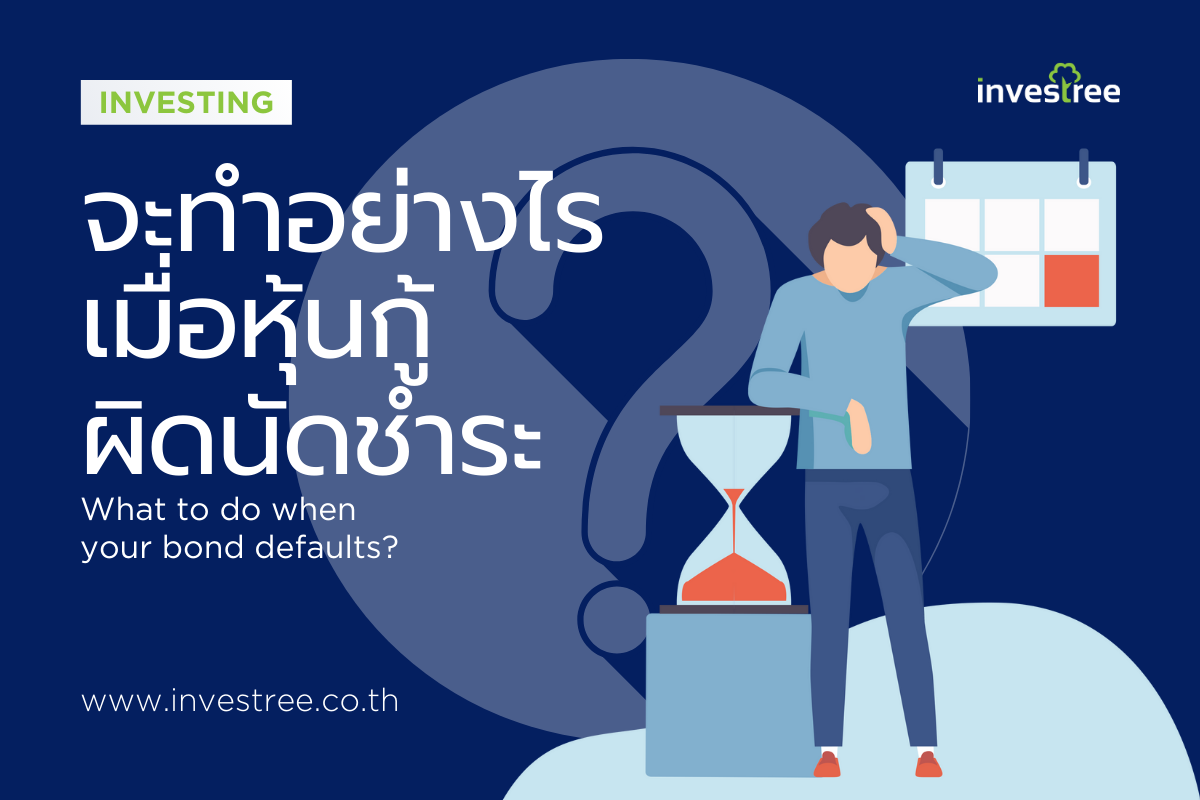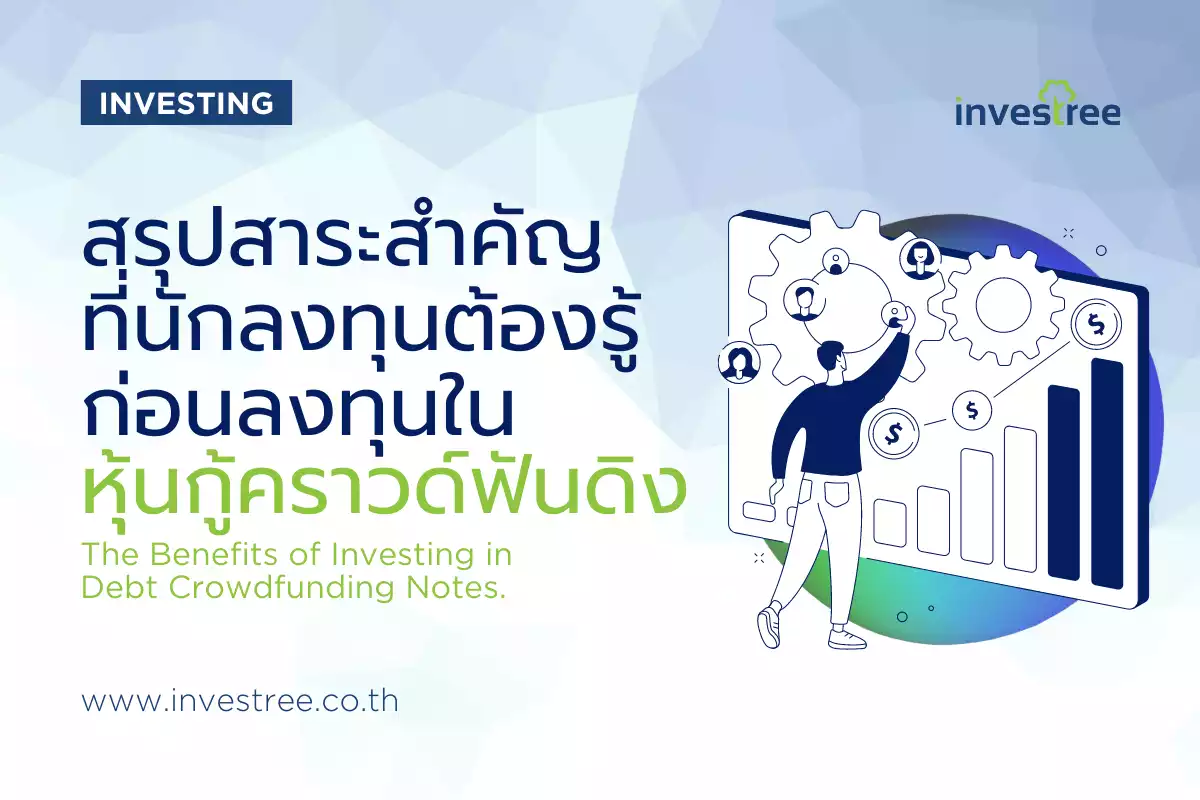How Natural Disasters Impact the Financial Market
Natural disasters can have a significant impact on the financial market. This is because natural disasters can disrupt supply chains, damage infrastructure, and lead to economic uncertainty.
How Natural Disasters Can Impact the Financial Market
There are three main ways that natural disasters can impact the financial market:
- Supply chain disruption: When a natural disaster strikes, it can damage or destroy factories, ports, and other critical infrastructure. This can lead to shortages of goods and services, which can drive up prices. For example, the Japanese earthquake and tsunami of 2011 caused widespread damage to the country's manufacturing sector. This led to shortages of electronics and other goods, which had a negative impact on the stock market. The Nikkei 225 stock index fell by over 10% in the days following the disaster.
- Infrastructure damage: Natural disasters can also damage infrastructure, such as roads, bridges, and power lines. This can make it difficult for businesses to operate and can lead to economic losses. For example, Hurricane Sandy of 2012 caused widespread damage to the northeastern United States. This led to power outages and transportation disruptions, which had a negative impact on the stock market. The S&P 500 index fell by over 2% in the days following the disaster.
- Economic uncertainty: Finally, natural disasters can also lead to economic uncertainty. This is because investors are not sure how the disaster will impact the economy. This uncertainty can lead to volatility in the stock market and can make it difficult for investors to make informed investment decisions. The COVID-19 pandemic has had a significant impact on the global economy. This has led to volatility in the stock market and has made it difficult for investors to make informed investment decisions. The Dow Jones Industrial Average fell by over 30% in the early days of the pandemic.
How to Stay Informed
It is important for investors to stay informed about natural disasters that could impact the financial market. There are a number of ways to do this, including:
- Reading financial news websites and blogs: There are many financial news websites and blogs that provide regular updates on natural disasters and their impact on the economy. These websites and blogs often use relevant keywords in their titles and meta descriptions, which can help them to rank well in search engine results pages (SERPs).
- Following financial experts on social media: There are also many financial experts on social media who provide insights on natural disasters and their impact on investments. These experts often use relevant keywords in their tweets and posts, which can help them to reach a wider audience.
- Attending industry conferences: Industry conferences are a great way to learn about the latest trends in the financial industry, including the impact of natural disasters on investments. These conferences often feature speakers who are experts in the field of SEO, and who can provide tips on how to optimize your blog articles for search engines.
Real Examples
Here are some real examples of how natural disasters have impacted the financial market:
- The Japanese earthquake and tsunami of 2011: The Japanese earthquake and tsunami of 2011 caused widespread damage to the country's manufacturing sector. This led to shortages of electronics and other goods, which had a negative impact on the stock market. The Nikkei 225 stock index fell by over 10% in the days following the disaster. This is an example of how natural disasters can disrupt supply chains and lead to price increases.
- Hurricane Sandy of 2012: Hurricane Sandy of 2012 caused widespread damage to the northeastern United States. This led to power outages and transportation disruptions, which had a negative impact on the stock market. The S&P 500 index fell by over 2% in the days following the disaster. This is an example of how natural disasters can damage infrastructure and lead to economic losses.
- The COVID-19 pandemic: The COVID-19 pandemic has had a significant impact on the global economy. This has led to volatility in the stock market and has made it difficult for investors to make informed investment decisions. The Dow Jones Industrial Average fell by over 30% in the early days of the pandemic. This is an example of how natural disasters can lead to economic uncertainty and volatility in the stock market.
Natural disasters can have a significant impact on the financial market. It is important for investors to stay informed about natural disasters that could impact the financial market. By doing so, investors can make informed decisions about when to






